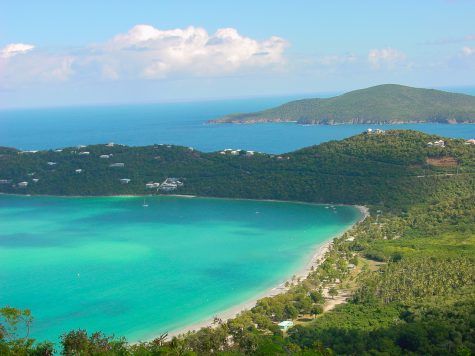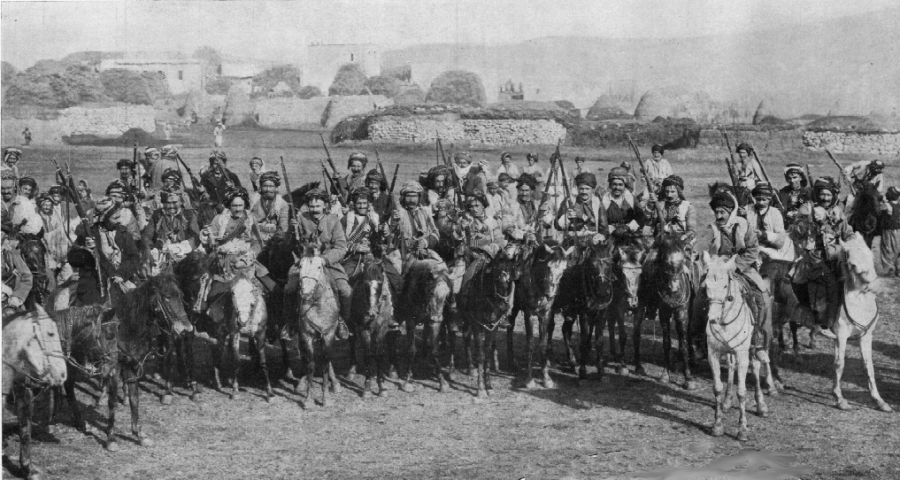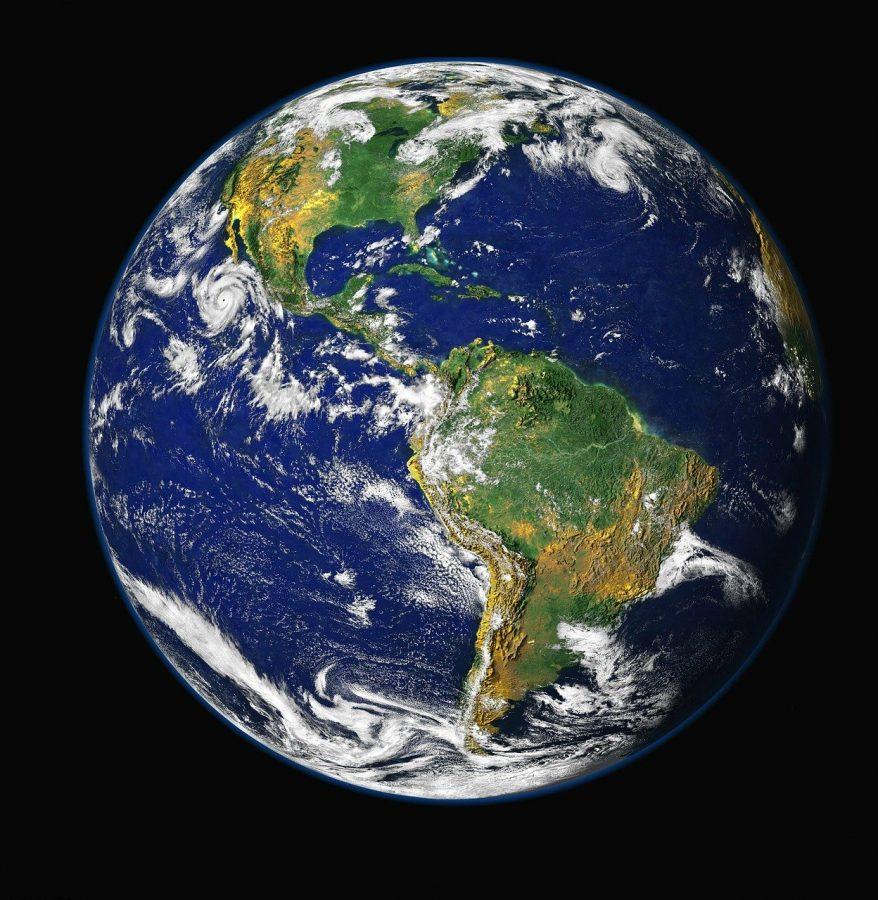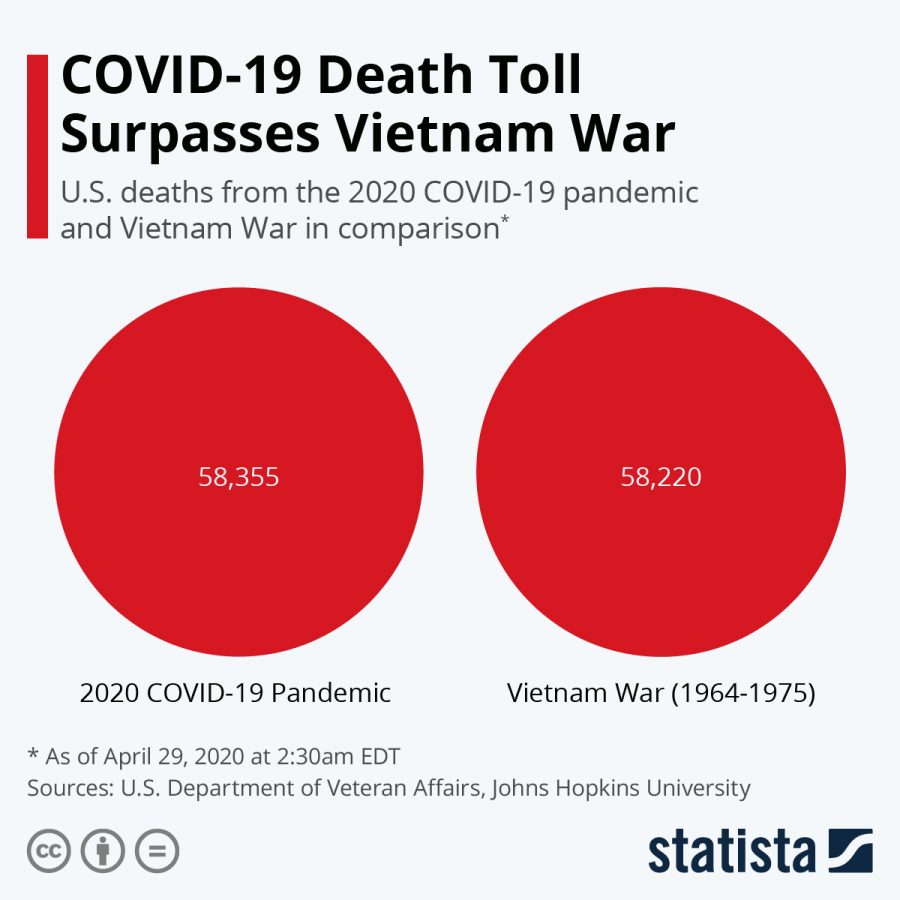In the heart of the Levant, nestled high in the Zagros Mountains, live the Kurds, the largest stateless nation on this earth. For the past millennium, the Kurdish people have lived without a state to call their own, their people divided by centuries worth of arbitrary borders cut across the Middle East. An old Kurdish proverb is “a Kurd has no friends but the mountains” and their history clearly illustrates why. Kurds have been subject to countless abuses against their human rights throughout history, but despite all their suffering they continue to live on. As conflict ravages the Middle East, and regional powers continue to fight against attempts at Kurdish autonomy, the status of their human rights has reached an all-time low.
The story of the Kurds is a long one, with their ancestors believed to have settled in the levant over 2000 years ago. Despite having such a long history, the modern-day struggles of the Kurds only really stretch back to around 100 years ago, with the end of World War I. During World War I, a key ally to the central powers was the Ottoman Empire, ruled by Turks who conquered the Middle East and Anatolia in the 1400s. While an Ottoman defeat in the war was initially promising to the Kurds, they came to realize that their new overlords were not there to improve their situation. An article by the BBC states, “After World War One and the defeat of the Ottoman Empire, the victorious Western allies made provision for a Kurdish state in the 1920 Treaty of Sevres. Such hopes were dashed three years later, however, when the Treaty of Lausanne, which set the boundaries of modern Turkey, made no provision for a Kurdish state and left Kurds with minority status in their respective countries.” The Treaty of Lausanne can be regarded as the first modern betrayal of the Kurds. The Treaty of Lausanne left the Kurdish people divided among 4 nations, Turkey, Syria, Iraq and Iran. These arbitrary borderlines still exist today and are a large factor in the conflict that has consumed the Middle East for the past 50 years. Perhaps the most appalling part of Lausanne is that it left most Kurds under the rule of a brutal, nationalistic, dictatorship under the new Turkish Republic.
“No Friend but the Mountains” Part 1: Who are the Kurds?
December 3, 2019
A Kurdish Cavalry regiment of The Ottoman Empire during World War 1, although many Kurds fought valiantly for the empire, their contributions to the war have been heavily downplayed by Turkey since the nations founding. Via Wikimedia Commons
0
More to Discover
About the Contributor

Andrew Villardi, Staff Writer
Andrew Villardi is a senior at SPFHS and staff writer for the Fanscotian. His favorite type of story to write is opinion, particularly politics. What he enjoys most is to put out writing which not only strongly reflects his own opinions, but fosters healthy and productive discussion on the world that we live in.








